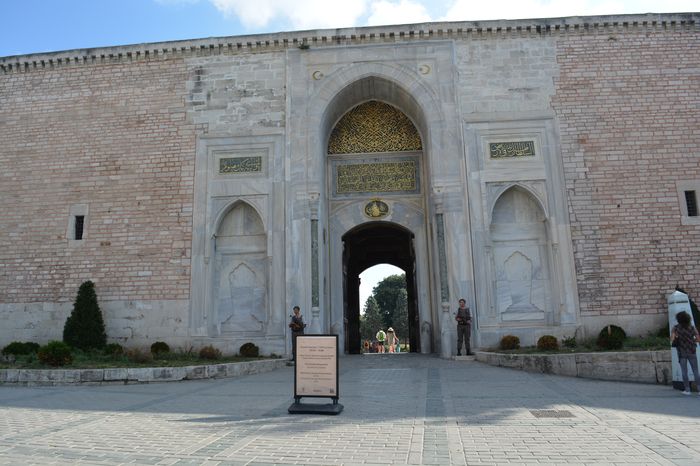Now, though Rome clung desperately to its former glory, and the Senate continued to meet there, its pronouncements and decisions turned out to be little more than sound and fury the sound of words that were largely meaningless and the fury of proud men, whose importance was no longer recognized even by the plebes, the common people of the packed slums called the subura.
It was true that the highest civil offices of Consul, Proconsul, Censor and Tribune were still filled by the Senate each year, as they had been for centuries. And when these officers appeared in public for the token carryingout of their duties, the Consul still headed the procession of the Senate the praetors, the aedes, the lictors, with their fasces, the heralds with their trumpets, the apparitors, and the Praetorian Guards with the standards of Rome as it moved through the streets, often to the jeers of crowds.
Graying Illyrian peasant
But everyone knew the real laws were made, and the real authority exercised, in a formerly insignificant town called Nicomedia, located on a gulf of the Sea of Marmara far to the east, by a stocky, bulletheaded, graying Illyrian peasant’s son who, but for the military accomplishments that had eventually led the army to name him Emperor, would have been given hardly a glance by even the least in the train of the Consul.
In truth, Rome had become little more than a theater where mimes of ancient tales were still acted out, but with as little reality as the divinity of the actor who, in Greek tragedies, played the part of the deus ex machina, the god who was lowered at the end of a long lever or boom at an appropriate point in the play to set everything aright again. Nothing would ever be set aright in Rome again, however, and the Romans, always a practical people, knew it all too well.
Where the Republic had protected the rights of every man, a monarch, oriental in splendor and magnificence, if not in origin, now ruled. And like an oriental monarch visiting some less important city of his domain, Diocletian journeyed to Rome during the late weeks of the fall in the twentieth year of his reign to celebrate the great victories in all quarters of the Empire which had, for the moment at least, brought a repetition of the Pax Romana of the olden days.
Read More about Innocent people to the sword






